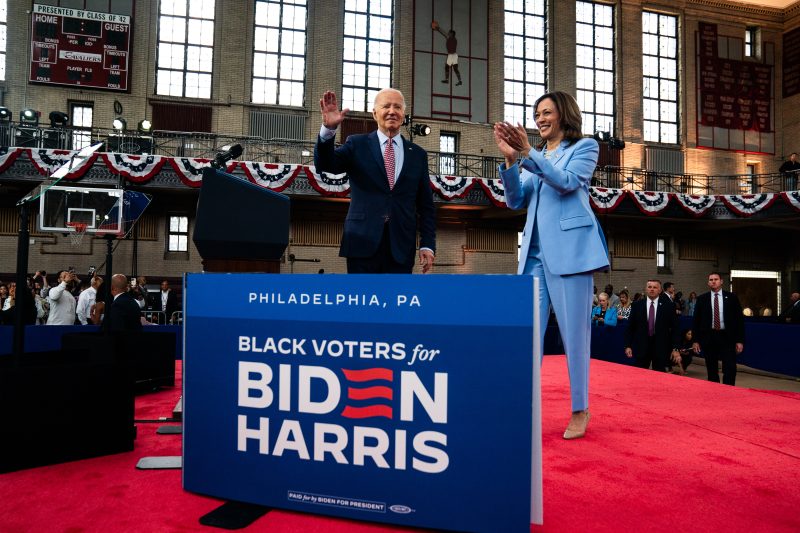In a turbulent political landscape where change is often seen as the driving force behind progress, the dynamics of a presidential campaign can be a pivotal moment in shaping the future of a nation. However, despite the fervor and anticipation that typically surrounds such campaigns, a recent study has found that a majority of Americans are comfortable with the status quo, showing little desire for significant change.
The study, conducted by a leading research firm, surveyed a diverse range of Americans to gauge their attitudes towards the upcoming presidential election. Contrary to expectations, the results revealed that a substantial portion of respondents expressed satisfaction with the current state of affairs, indicating a lack of appetite for sweeping transformations in leadership.
One of the key findings of the study was the prevalence of a sentiment of relative contentment among the populace. Many participants cited a sense of stability and continuity as factors influencing their preference for minimal change in the upcoming election. This attitude reflects a broader trend in recent years, where the desire for dramatic shifts in policy and governance has given way to a preference for incremental adjustments and improvements.
Additionally, the study shed light on the underlying reasons behind this prevailing mindset. Economic factors emerged as a significant driver, with a substantial number of respondents expressing confidence in the current state of the economy and a reluctance to disrupt this perceived stability. Furthermore, concerns about potential disruptions and uncertainties that could accompany significant changes in leadership were cited as reasons for the preference for continuity.
Interestingly, the study also revealed generational variations in attitudes towards change in the presidential campaign. While younger participants tended to express greater willingness to embrace change and new directions, older respondents displayed a more conservative outlook, favoring stability and predictability in the political landscape.
These findings pose intriguing questions for political analysts and policymakers alike. In a time of rapid societal and technological change, the apparent reluctance of a majority of Americans to embrace significant shifts in leadership raises important considerations about the nature of political change and the evolving expectations of the electorate.
As the presidential campaign picks up momentum and candidates vie for the attention and support of the public, understanding these sentiments towards change will be crucial in shaping effective strategies and messages. Balancing the need for innovation and progress with the desire for stability and continuity will be a delicate task for candidates seeking to capture the hearts and minds of the electorate.
In conclusion, the study’s findings offer a nuanced perspective on the prevailing attitudes towards change in the upcoming presidential campaign. While the allure of transformation and disruption looms large in the political discourse, a significant portion of Americans appear to be more comfortable with the familiar and the status quo. Navigating this landscape of competing desires and expectations will be a central challenge for candidates as they seek to chart a course towards the future of the nation’s leadership.
